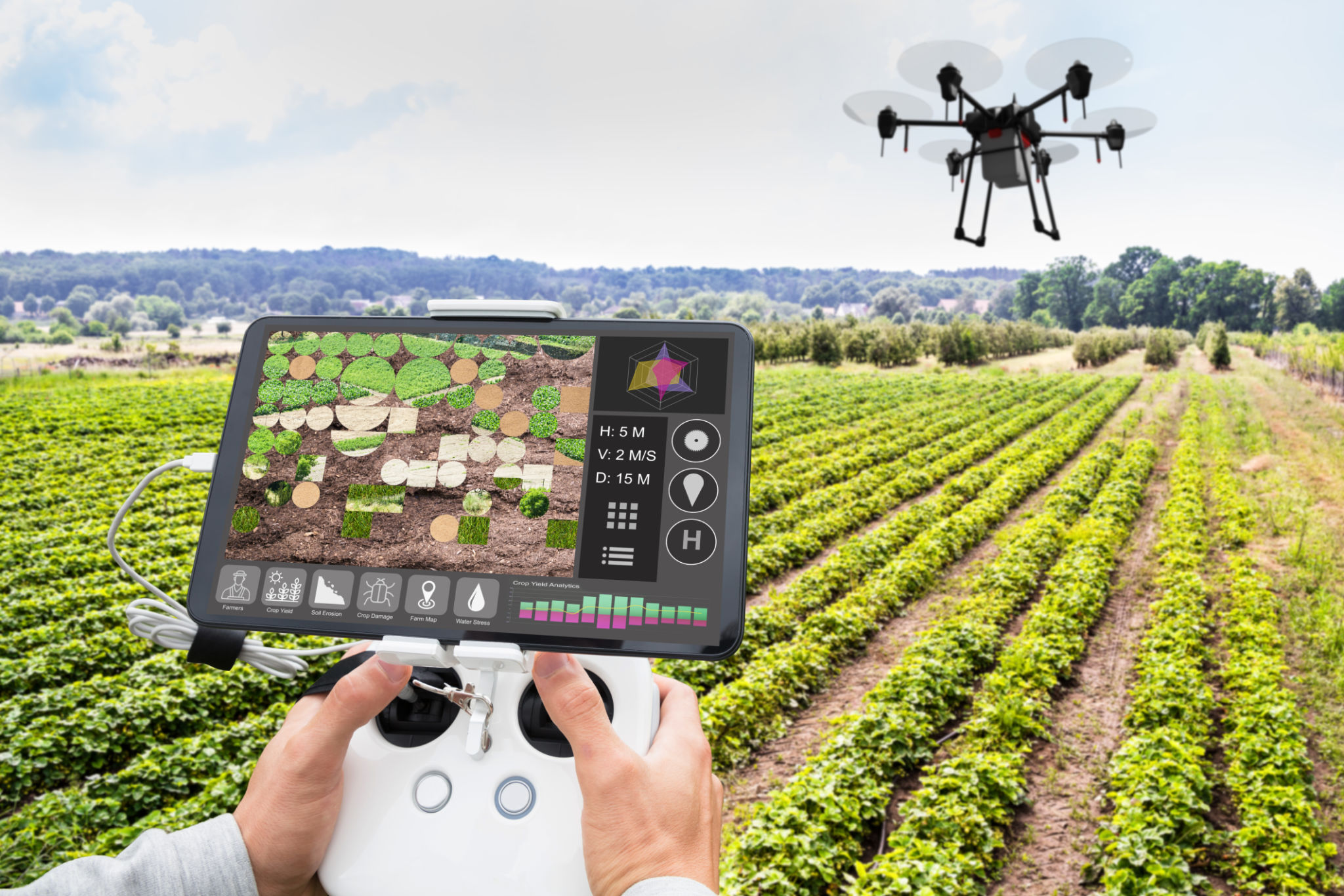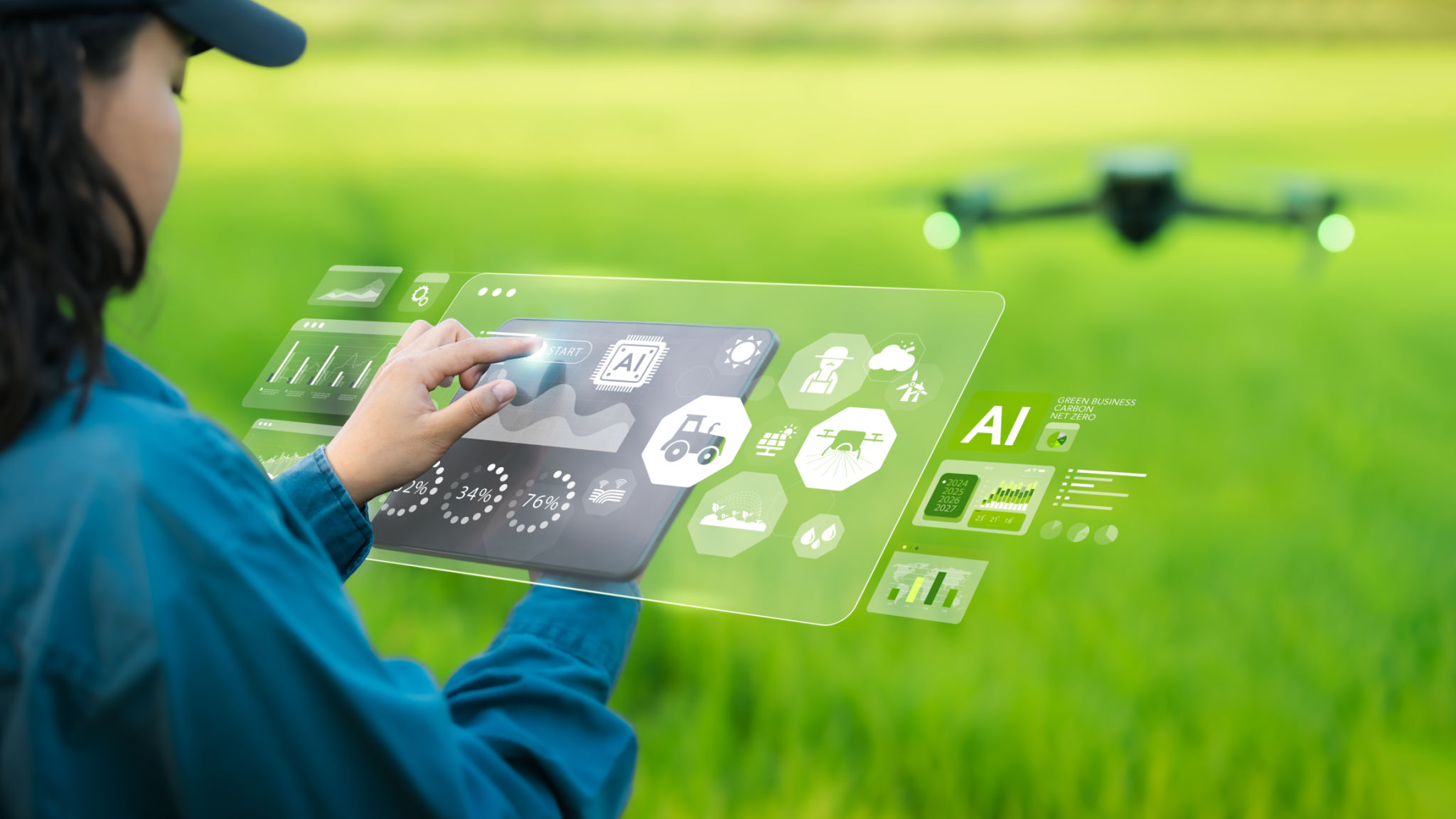How Drones Are Revolutionizing Biosecurity in Queensland
Introduction to Drones in Biosecurity
In recent years, drones have become an integral part of various sectors, and biosecurity is no exception. In Queensland, these unmanned aerial vehicles (UAVs) are playing a crucial role in enhancing biosecurity measures, offering innovative solutions to long-standing challenges. As the importance of protecting ecosystems and agriculture intensifies, drones provide a new frontier in monitoring and management.

Monitoring and Surveillance
Drones equipped with high-resolution cameras and sensors are revolutionizing the way we monitor vast expanses of land. In Queensland, they are used to track the spread of invasive species across difficult terrains, enabling authorities to respond swiftly to potential threats. These aerial devices can cover large areas quickly, providing real-time data and high-quality imagery that is essential for effective surveillance.
Their ability to access hard-to-reach areas makes them invaluable for monitoring wildlife populations and habitats, ensuring that native species are protected from invasive threats. By leveraging advanced imaging technologies, drones are helping biosecurity teams identify early signs of pest incursions, which is critical for timely intervention.
Precision Agriculture and Pest Management
Drones play a significant role in precision agriculture by aiding farmers in managing pests more efficiently. Through the use of multispectral and thermal sensors, drones can detect plant stress and identify pest-infested areas with pinpoint accuracy. This capability allows for targeted pesticide application, reducing chemical use and minimizing environmental impact.

In Queensland's expansive agricultural landscapes, this means healthier crops and higher yields. By integrating drone technology into their operations, farmers can optimize their resources, ensure sustainability, and improve overall productivity.
Emergency Response and Preparedness
In addition to regular monitoring tasks, drones are crucial during biosecurity emergencies. They provide rapid assessment of affected areas, offering real-time insights that help coordinate response efforts more effectively. In scenarios such as disease outbreaks or natural disasters, drones can quickly deliver critical supplies or gather essential data without putting human responders at risk.
This capability is especially beneficial in Queensland, where varied landscapes can pose significant challenges to traditional response methods. The agility and speed of drones ensure that biosecurity teams can act swiftly, mitigating risks before they escalate.

Research and Development
The use of drones in biosecurity is also fueling advancements in research and development. By collecting vast amounts of data, these UAVs contribute to a deeper understanding of ecological dynamics and pest behavior. Researchers in Queensland leverage this data to develop innovative solutions and strategies for biosecurity management.
The integration of artificial intelligence with drone technology further enhances analytical capabilities, allowing for predictive modeling and more informed decision-making processes. This synergy between technology and research is paving the way for smarter, more effective biosecurity measures.
Challenges and Future Prospects
While drones offer numerous advantages, there are challenges to overcome, including regulatory hurdles and technological limitations. Ensuring data privacy, addressing airspace restrictions, and improving battery life are some of the areas that require attention as the technology evolves.

Despite these challenges, the future prospects of drones in biosecurity are promising. Continued advancements in drone technology and supportive regulatory frameworks will likely lead to even greater integration into biosecurity practices across Queensland. As these developments unfold, drones will continue to be a game-changer in safeguarding the region's biodiversity and agricultural assets.